For students pursuing a Ph.D. in Orthopedics, a multidisciplinary approach is recommended. The course requires the completion of three years of postgraduate study. The first two years are spent completing coursework. The remaining two years are spent preparing for the comprehensive examination. The third-year is devoted to research and dissertation. In this final year, students may pursue a sabbatical.
Typically, doctors pursuing a Ph.D. in Orthopedics will complete a three-year program in the field. During this time, they develop a solid understanding of current medical systems, technologies, and treatments. The course will also provide the foundation necessary to conduct research and develop new treatments. Once completed, students will practice their specialty in the clinic or research setting. In this way, they will gain a deeper understanding of their patient's problems and improve their care.
A Ph.D. in Orthopedics is typically a three-year program. This degree focuses on gaining a thorough understanding of current medical systems and technologies. It also involves research and development of new treatments, which can improve patient care. In addition to teaching physicians, Ph.D. students are expected to conduct research related to musculoskeletal health. A doctorate degree in Orthopedics prepares professionals for a career in the field.
Ph.D. in Orthopedics Eligibility
Candidates who want to take admission in Ph.D. must have a post-graduate degree in Orthopedics and its relevant discipline with at least 55% marks from a recognized university and must have passed the national level entrance examination or university level entrance examination. National level entrance exams like UGC NET / UGC CSIR NET / GATE / SLET or University entrance exams consist of written test and personal interviews.
The Benefits of a Ph.D. in Orthopedics
A Ph.D. in Orthopedics prepares doctors for a wide variety of clinical and research roles. Among the most prominent positions is a professor. You will gain a thorough knowledge of the field and develop a deep understanding of human anatomy. Besides, you'll have the opportunity to work with world-renowned doctors. In addition, a Ph.D. in Orthopedics opens up new career opportunities in research and teaching.
An orthopedist's degree can enhance a nurse practitioner's career and help them land the job they desire. The education will provide the foundational knowledge needed to treat musculoskeletal conditions in various practice settings. This knowledge will give the NP a distinct advantage in the market for new positions or in starting their own practice. You'll also have more opportunities to apply what you've learned in the clinic.
You'll learn the latest advances in the field. For instance, there's a new procedure being tested in the United States called MAGEC. The procedure involves inserting a thin wire into a patient's back to stretch it out and make the spine more stable. The researchers are optimistic about the results of this procedure and believe that it will reduce the need for future surgeries.
The Career and Job Opportunities of Ph.D. in Orthopedics
Physician-scientist training programs aim to develop young, highly motivated scholars into clinician-scientists by combining training in medical sciences with mentoring in science. Graduates of these programs have shown remarkable success in integrating science into their careers in academic medicine. As a result, physician-scientists have a rare skill set and are therefore highly sought-after. In addition to training future surgeons, these training programs are also good for students interested in the fields of orthopedics.
The pace of scientific discovery and innovation in the medical sciences is accelerating, and orthopedics is no exception. Over the past 25 years, basic sciences have grown significantly. As a result, even the most well-educated orthopedist may not understand all the latest discoveries in basic research. This is making the gap between bench-side discoveries and clinical practice even greater. The future of the field depends on the availability of new researchers.
If you're thinking about pursuing a Ph.D. in Orthopedics, you've come to the right place. The program will prepare you to become a physician and an expert in musculoskeletal diseases. As a researcher, you'll have a broad range of knowledge and skills that you can apply to your practice. You'll also learn how to develop innovative ways to improve the quality of care and the lives of patients.
The Future Scope of Ph.D. in Orthopedics
The demand for orthopedic specialists continues to grow. The demand for orthopedic specialists is also increasing as more children and adolescents develop bone problems. The increasing number of young people interested in orthopedics is encouraging the field to continue to grow. Despite its importance, there is a limited supply of qualified physicians. In order to meet the growing demand, the number of orthopedic surgeons is expected to increase.
A Ph.D. in Orthopedics is a doctorate-level degree that focuses on musculoskeletal diseases, including injuries and diseases. It also builds a foundation for further research. The focus is on musculoskeletal health and disease prevention. Students also study applied physiology, dental physiology, and neurosurgery. It is possible to pursue a career in orthopedics even while you are studying for an MD.
A Ph.D. in Orthopedics is a three-year program that provides a foundation in the field. The curriculum is structured to build knowledge of modern medical systems and technologies. The course also provides a thorough grounding in musculoskeletal disease and how it affects patients. It is also designed to foster a sense of service in the community and foster leadership in the medical community.
Ph.D. Research Programme duration
The Ph.D. in Orthopedics course is a minimum of 3 years and a maximum of 5 duration. This depends on the university offering the course.
Fees for research program for Orthopedics
The average fee for Ph.D. in Orthopedics degree is between INR 50000 and INR 500000.
 5 Years
5 Years
 PhD
PhD
 Research
Research







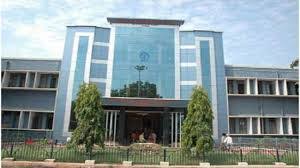

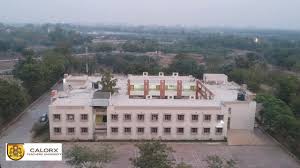

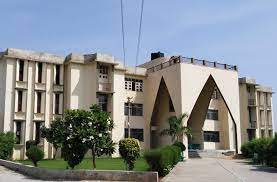
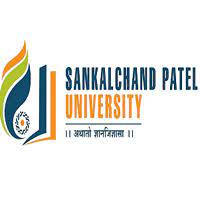


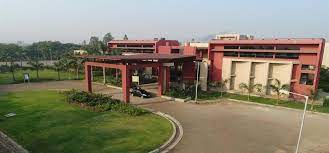








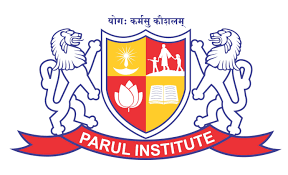


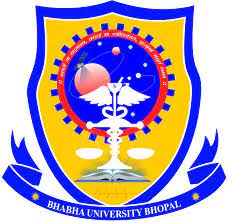


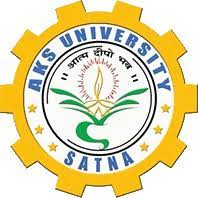



 back
back